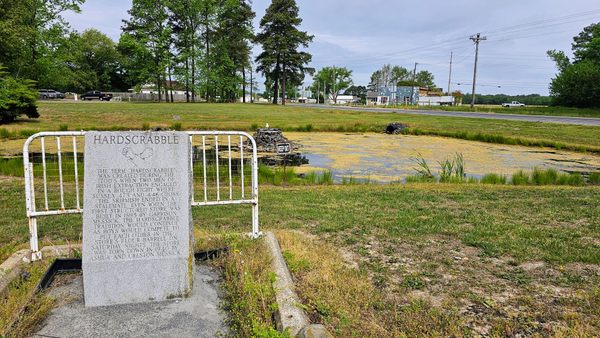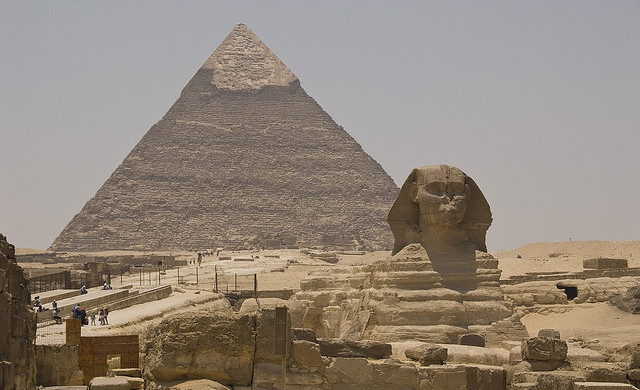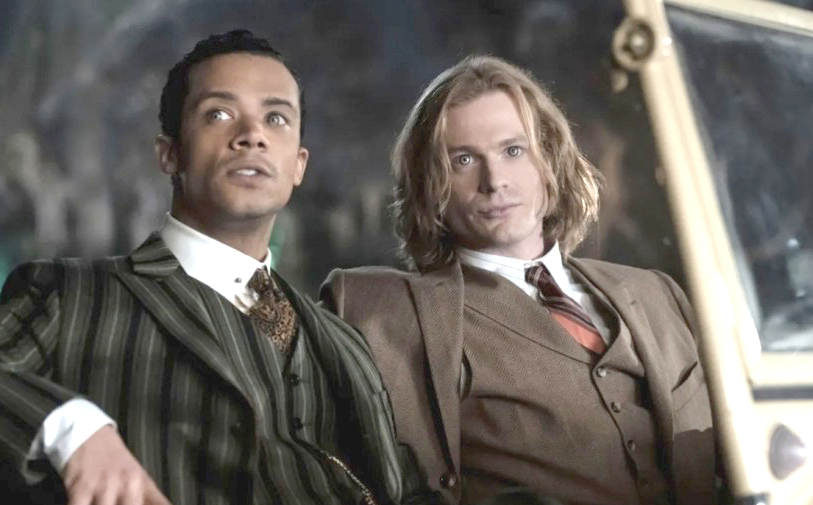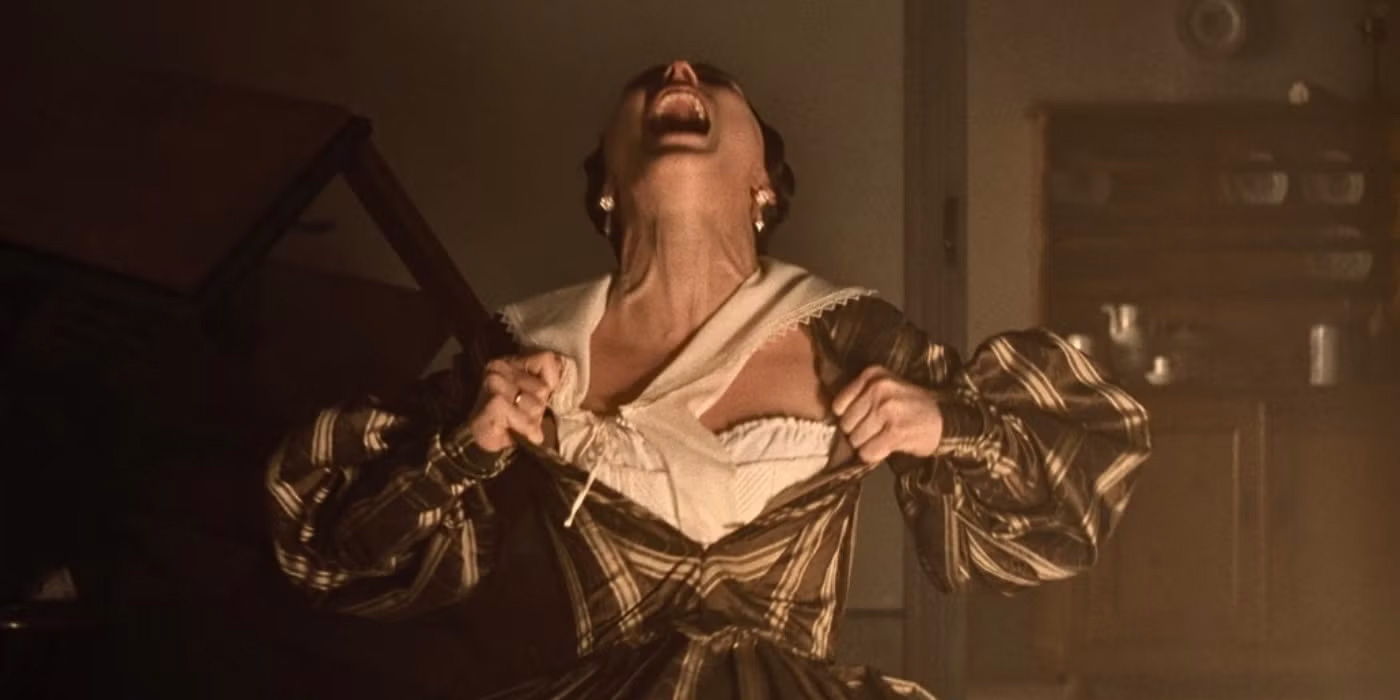Hardscrabble, Delaware in Seaford, Delaware
Who knew etymology could be so violent? In a parking lot in rural Sussex County, Delaware, a sign can be found that makes an unusual claim: “The term "Hardscrabble" was created during the 1700s when two men of Irish extraction engaged in a rough fight where Sussex 473 and 446 cross. The skirmish ended in a stalemate.” Is this story true? Did the phrase used by Herman Melville, Lewis and Clark, and countless reporters illustrating someone’s rough background originate from a fight between two Irish Americans fighting in a nearby Delaware intersection? It’s hard to say. But also, no, it’s unlikely. So what’s the deal? In the sign’s defense, the exact origins of the phrase “hardscrabble” are unknown, and it is indeed an Americanism that arose during the late 18th century near Delaware, so it can’t be ruled out entirely. But the first uses of the phrase, according to the Oxford English Dictionary, suggest showing an effort in vigorous circumstances, or a different type of struggle than the one caused by rowdy Irishmen. But the most common early use of the phrase referred to land that was rocky or difficult to farm. Several American towns across the country were and are named Hardscrabble. Ironically, Hardscrabble, Delaware is technically not among them. The Delaware General Assembly renamed the town of Hardscrabble to Jasper in 1863. However, they may have lacked the pugilistic instincts to make the name change stick. This led to the latest and current definition of the word, which is an adjective that generally describes people who come from remote or impoverished circumstances. But the historical sign makes a second and even bolder claim: “The Hardscrabble tradition would continue as boys would compete to put each other in the store's flour barrell [sic] on Saturday nights.” Unpacking this fighting claim perhaps helps shine a light on how this sign came to be. The store the sign refers to is one that was built by a man named Garrison Messick. The Messicks were and are a notable Sussex County family, with roads, a tractor company, and an agricultural museum named for different members. In fact, the intersection mentioned on the sign is now known as Messick Road (and Beaver Dam Branch Road). The names mentioned on the sign are of real people, even if the unusual traditions are unverified. The likely answer to this specific family history is found in the former owners of the site, which was a general store named Messick Supply. The store was a gas station, gun dealership, plumbing supply store, and even sold turkey sandwiches, and the historical sign may have added to the store’s provenance and helped retell a family legend. While the store is no longer in existence, Irish Americans and others can still head to Hardscrabble, Delaware to engage in a centuries-old tradition of fisticuffs.


Who knew etymology could be so violent? In a parking lot in rural Sussex County, Delaware, a sign can be found that makes an unusual claim:
“The term "Hardscrabble" was created during the 1700s when two men of Irish extraction engaged in a rough fight where Sussex 473 and 446 cross. The skirmish ended in a stalemate.”
Is this story true? Did the phrase used by Herman Melville, Lewis and Clark, and countless reporters illustrating someone’s rough background originate from a fight between two Irish Americans fighting in a nearby Delaware intersection? It’s hard to say. But also, no, it’s unlikely. So what’s the deal?
In the sign’s defense, the exact origins of the phrase “hardscrabble” are unknown, and it is indeed an Americanism that arose during the late 18th century near Delaware, so it can’t be ruled out entirely. But the first uses of the phrase, according to the Oxford English Dictionary, suggest showing an effort in vigorous circumstances, or a different type of struggle than the one caused by rowdy Irishmen.
But the most common early use of the phrase referred to land that was rocky or difficult to farm. Several American towns across the country were and are named Hardscrabble. Ironically, Hardscrabble, Delaware is technically not among them. The Delaware General Assembly renamed the town of Hardscrabble to Jasper in 1863. However, they may have lacked the pugilistic instincts to make the name change stick.
This led to the latest and current definition of the word, which is an adjective that generally describes people who come from remote or impoverished circumstances. But the historical sign makes a second and even bolder claim:
“The Hardscrabble tradition would continue as boys would compete to put each other in the store's flour barrell [sic] on Saturday nights.”
Unpacking this fighting claim perhaps helps shine a light on how this sign came to be. The store the sign refers to is one that was built by a man named Garrison Messick. The Messicks were and are a notable Sussex County family, with roads, a tractor company, and an agricultural museum named for different members. In fact, the intersection mentioned on the sign is now known as Messick Road (and Beaver Dam Branch Road). The names mentioned on the sign are of real people, even if the unusual traditions are unverified.
The likely answer to this specific family history is found in the former owners of the site, which was a general store named Messick Supply. The store was a gas station, gun dealership, plumbing supply store, and even sold turkey sandwiches, and the historical sign may have added to the store’s provenance and helped retell a family legend. While the store is no longer in existence, Irish Americans and others can still head to Hardscrabble, Delaware to engage in a centuries-old tradition of fisticuffs.
What's Your Reaction?


















![iPhone 17 Dynamic Island Size to Remain Unchanged [Kuo]](https://www.iclarified.com/images/news/96237/96237/96237-640.jpg)


























































